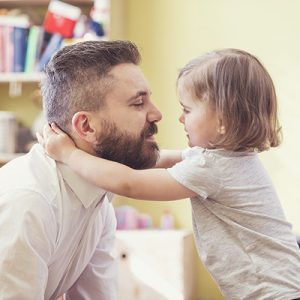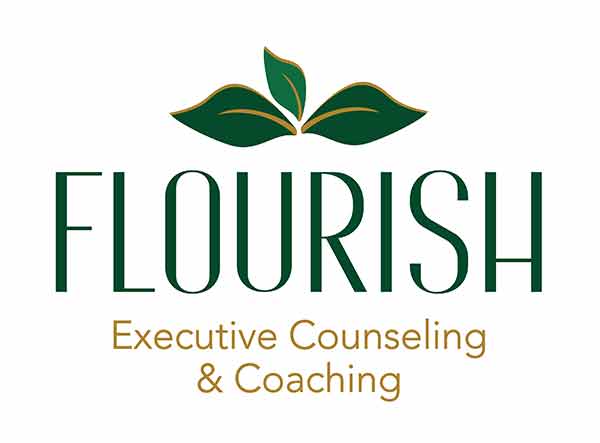The Negative Cycle

A lot you who work with us individually or with your partner are well aware of the negative cycle that’s been playing out in your relationship with your significant other and today I want to talk to you about some of the ways in which that cycle may be impacting your children. Now I know as a parent myself, it’s not always comfortable to consider that something that I’m partially culpable and responsible for could have a negative impact on the little people that I love so much. However, there are a few insights that I want to share with you because often times, this really is the case.
Patterns in Family Dynamics
When there is an anxious or critical pursuer in a relationship, it’s not uncommon for that partner to also portray some of those same behaviors in their interactions with their kids. They might also be overly reactive with the kids, or sometimes too harsh with them. Again, coming from that place of having some anxiety and having some insecurity. Now, if that pattern is allowed to continue for too long, we know that having a critical parent can damage the self-esteem that a child is trying to develop as they grow up. Also, if there is a partner in the marriage or the relationship who’s defensive or withdrawn, it’s also not uncommon that they might also be distant in their dynamics with the kids, and/or they might also be short-tempered with the kids the same way they are with their partner. Now we know that a child won’t be able to feel as secure in the world as they possibly could be, if one of their parents is too emotionally distant from them because that emotional distance prevents the connection between the child and the parent from being as reliable or as secure as it possibly could be.
Finally, we also know that children are often more aware of the tension between their parents than parents care to always admit. They can sense the tension in the home. Sometimes they hold the tension in their bodies and might develop some anxiety from being around the conflict. Sometimes children will take on roles that are really not theirs to take on. For example, some children will become a self appointed peace keeper in the house just trying to prevent things from blowing up between their parents, and that is never a positive role for any child to take on. A, because it is not developmentally appropriate and B, because they don’t have the magical powers to be able to do that, so it’s going to be a lose-lose proposition that they’ll never be successful with. Those impacts on our kids can manifest in a variety of different ways and these are just a few common examples that we see in families.
How to Affect Meaningful Change
Now, all of you know from your professional pursuits, that in order to affect meaningful change in any organization, change has to begin at the top rung with leadership and the people who are in a position of power. Then that change trickles down to people at lower levels in the organization who do not hold as much power. The same thing is absolutely true when we think about family structure. So the changes that you and/or your partner are making to improve the relationship are the first and foremost thing that needs to occur. Then, those changes can trickle down into the dynamics that each of you has with your kids. I think you’ll find that a lot of the same tools and strategies that you’re developing to use with your partner will also come in handy and allow you to enhance your relationships with your kiddos as well. After all, parenting is a tough job and none of us do it perfectly. Really it’s just about holding ourselves accountable for evolving and changing and doing the best that we can.
Contact us for additional information on our services for
families and
couples.
 A lot you who work with us individually or with your partner are well aware of the negative cycle that’s been playing out in your relationship with your significant other and today I want to talk to you about some of the ways in which that cycle may be impacting your children. Now I know as a parent myself, it’s not always comfortable to consider that something that I’m partially culpable and responsible for could have a negative impact on the little people that I love so much. However, there are a few insights that I want to share with you because often times, this really is the case.
A lot you who work with us individually or with your partner are well aware of the negative cycle that’s been playing out in your relationship with your significant other and today I want to talk to you about some of the ways in which that cycle may be impacting your children. Now I know as a parent myself, it’s not always comfortable to consider that something that I’m partially culpable and responsible for could have a negative impact on the little people that I love so much. However, there are a few insights that I want to share with you because often times, this really is the case.
